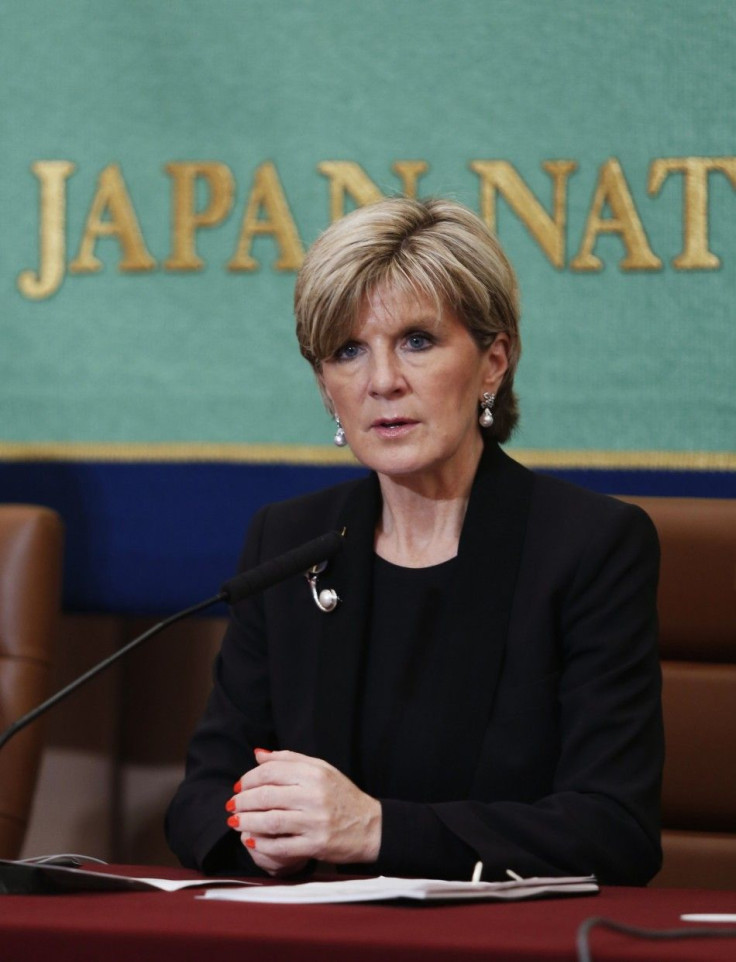DFAT Issues New Generation of Australian Passports

The Department of Foreign Affairs and Trade (DFAT) is issuing a new generation of Australian passports, dubbed as the P series.
The P series is released with innovative security features that make it even more difficult to forge. This new generation of passports is specially aimed at overcoming fraud, terrorism and organised crime. The series shall assist the department in bolstering national security.
The P series passports are designed with the Australian-flag blue with gold embossed and build on the already advanced features of the e-Passport. It is printed employing the same technology used in printing the Australian banknote. It comes with security features laminated with the world's first colour floating image.
DFAT is issuing the P series passports to new applicants as the M and N series passports still being widely use will continue to be highly secure documents until it runs out of its validity.
"The Australian passport is internationally recognised as one of the most trusted and secure travel documents in the world. These new security features build on our reputation, as part of our commitment to stronger borders," Foreign Affairs Minister Julie Bishop said in a statement.
"I urge Australians to protect their passport and their identity at all times, and to report theft or loss of their passport immediately. Passport applications must be made at least three weeks before intended travel. A face-to-face interview is required for adult passports," Bishop advised.
The issuance of the new passport series came at the helm of the reported 150 Australian jihadists who are feared to be coming back in the country after fighting with militants.
"These are brutal people (in ISIS). The executions and the killings and their boasting of it on social media makes this a particularly virulent form of terrorism. These people are so extreme that al-Qa'ida is even distancing itself from them. I had an intelligence briefing from our agencies this morning and our best estimate is that there are about 150 Australians ... who have been or are still fighting with opposition groups in Syria and beyond," Bishop told ABC Radio.





















